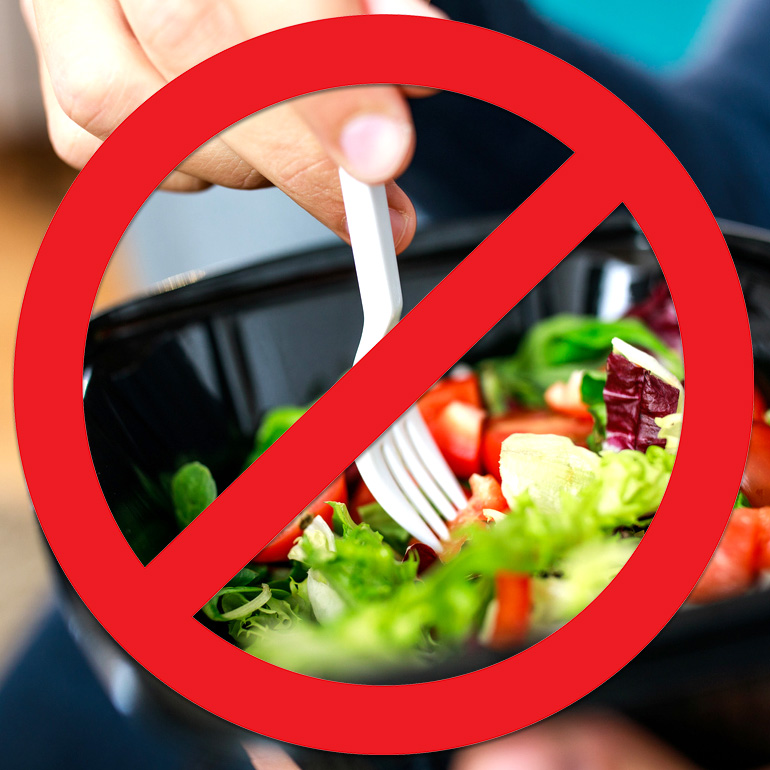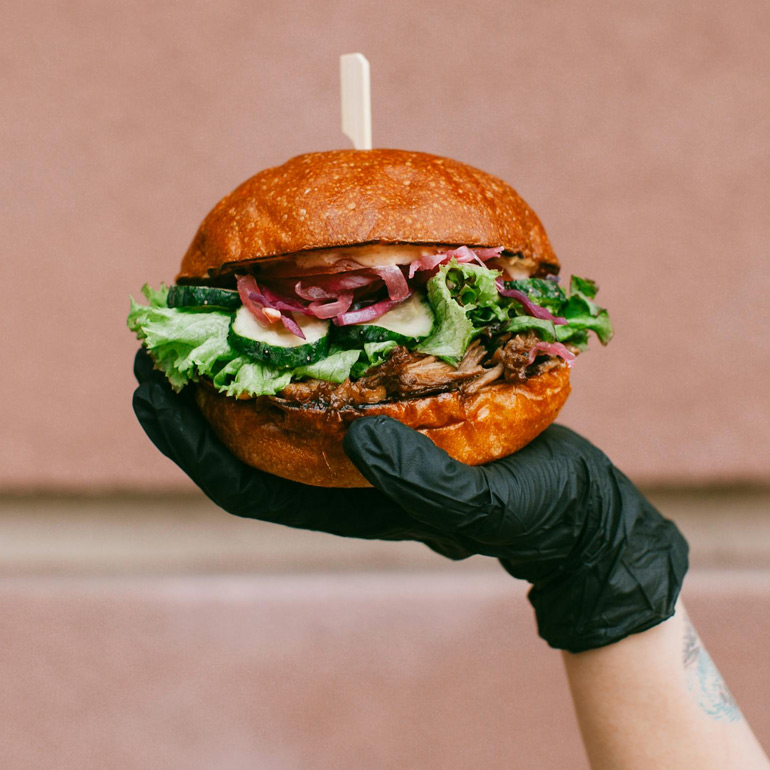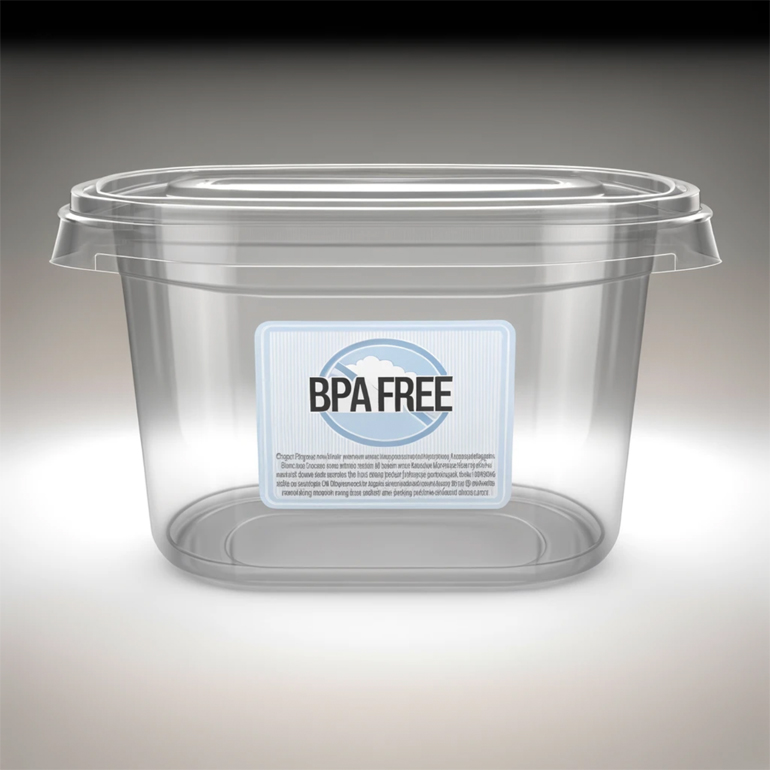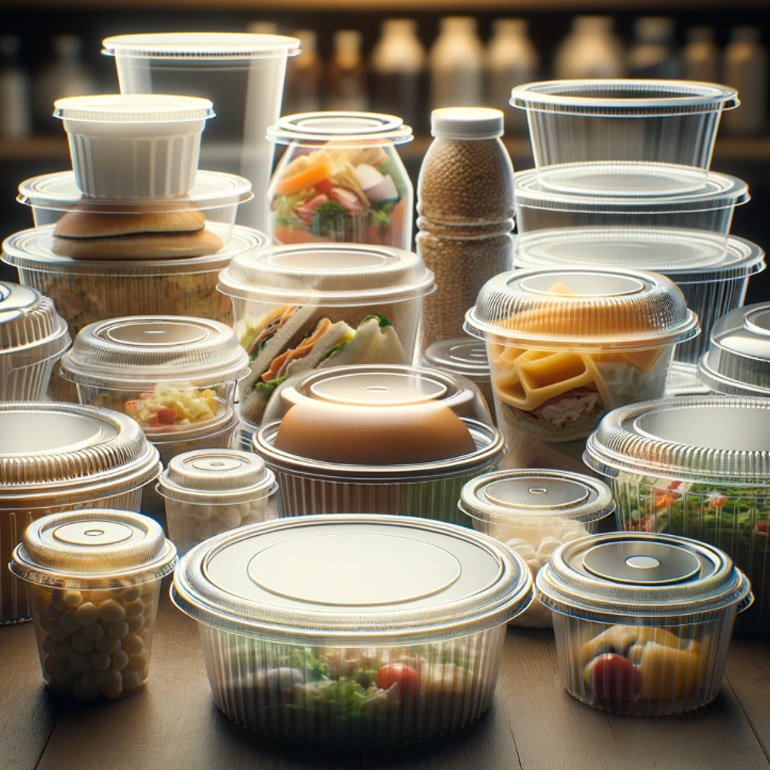Will Single-Use Cutlery Soon be Banned? A Look into the Future of Disposable Utensils
Disposable utensils have become more than just a business accessory; they are often a necessity. Whether your business serves hot coffee for early morning commuters, offers to-go lunches for busy office workers, or provides large-scale catering for events, disposable utensils are an integral part of the service equation. But with convenience comes responsibility. Disposable plastic cutlery, while useful, has brought on a burgeoning environmental crisis that is impossible to ignore. Each year, millions of tons of single-use plastics, including cutlery, find their way into landfills, oceans, and other ecosystems, disrupting wildlife and contributing to climate change.
Public awareness about the ecological impact of these disposables is growing, leading to increased calls for sustainable alternatives and even legislative action against single-use plastics. We are now at a pivotal point where business practices must adapt to meet both customer needs and environmental demands. But how do you balance these expectations without compromising on quality or breaking the bank? This is where Richmond Advantage comes into play. We specialize in providing high-quality, sustainable disposable cutlery options that not only meet your business needs but also contribute to greater environmental responsibility.
As we explore the uncertain future of single-use plastics and delve into the questions many business owners are asking—Will single-use cutlery be banned? Can I still use them in my restaurant? What are the alternatives?—it's important to have a trusted partner on your side. Richmond Advantage offers a variety of options designed to keep your business ahead of the curve in an ever-changing landscape.
Can I Still Use Single-Use Plastic Cutlery in my Restaurant?
Yes - For Now
The shift away from single-use plastics is not just a possibility; it's a reality in several cities and countries. These changes serve as examples for what might soon be seen on a broader scale:
- New York City:
- Straws and Stirrers: New York City implemented a ban on plastic straws and stirrers in 2019. Establishments are required to offer alternative materials like paper or reusable metal straws.
- Expanded Foam: The city also banned expanded polystyrene foam products, commonly known as Styrofoam, starting from 2019.
- Bag Ban: A statewide ban on single-use plastic bags came into effect in New York State in 2020.
- Los Angeles:
- Plastic Bags: Los Angeles led the way with a plastic bag ban as far back as 2014.
- Straws on Request: LA implemented a "straws-upon-request" policy in 2019, requiring restaurants to withhold plastic straws unless specifically requested by the customer.
- United Kingdom:
- Straws, Stirrers, and Cotton Buds: The UK enacted a ban on the supply of plastic straws, stirrers, and cotton buds from October 2020.
- Microbeads: The UK has also banned the use of microbeads in rinse-off cosmetics and personal care products since 2018, which also contributes to plastic pollution.
These bans, primarily motivated by environmental concerns, are compelling other municipalities to review and revise their own policies on single-use plastics. With this trend gaining momentum, it wouldn't be surprising if similar regulations soon reach Texas.
The writing is on the wall—similar legislation could make its way to Texas within the next few years.
Why are Municipalities Banning Single-Use Plastics:
The primary motivation behind these bans is environmental impact. Single-use plastics contribute to pollution, endanger wildlife, and take hundreds of years to decompose.
Alternatives to Single-Use Plastics
Materials That Are Recyclable / Compostable / Biodegradable
As bans loom, business owners should consider viable alternatives to single-use plastics. Some popular options are:
- Wood: A classic and biodegradable material, wooden cutlery offers a rustic aesthetic and is compostable.
- Bamboo: Known for its strength and sustainability, bamboo cutlery can be composted and is fast becoming a popular alternative.
- PLA Plastic: Made from plant-based materials, PLA plastic is both compostable and biodegradable, offering a similar user experience to traditional plastics without the environmental toll.
Richmond Advantage - Your Preferred Business Supply Source Since 1986
With the inevitable shift toward more sustainable practices, now is the time for your business to take proactive steps. Richmond Advantage stands ready to help you navigate these changes with ease, offering nationwide shipping, competitive pricing, and free local delivery.
Don't wait for legislation to dictate your options. Visit our contact page today to find out how Richmond Advantage can help you stay ahead of the curve in responsible business practices.



















